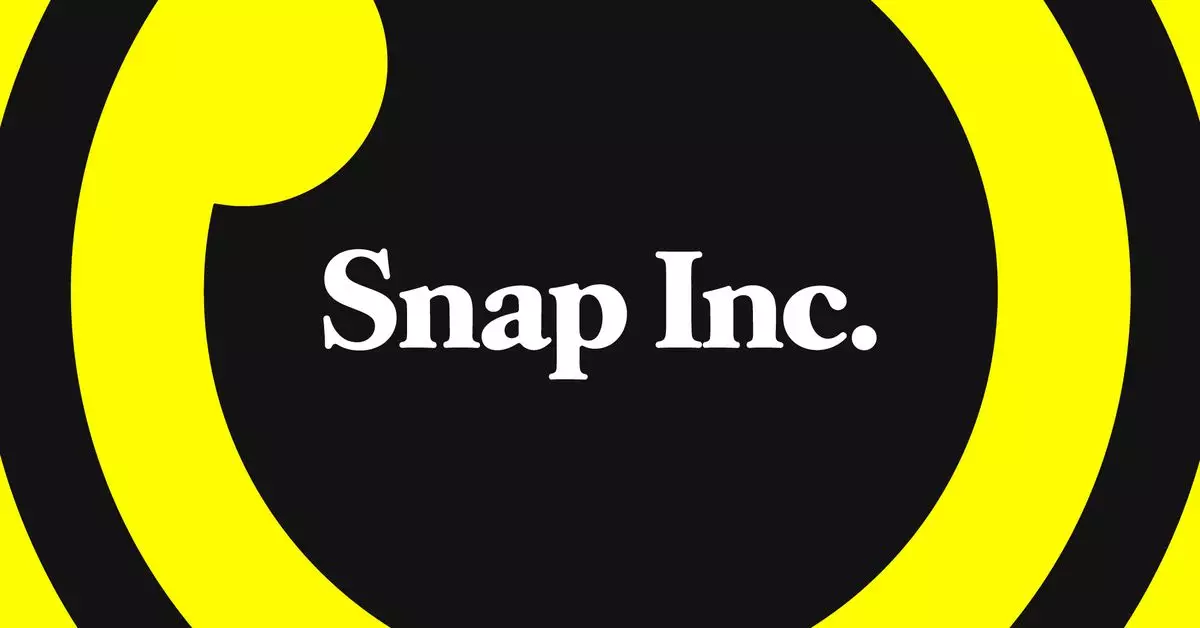The recent ruling issued by the Ninth Circuit Court of Appeals has revived a lawsuit against the anonymous messaging service Yolo, which has been accused of breaking a promise to unmask bullies on the app. The court stated that Section 230 of the Communications Decency Act should not block a claim that Yolo misrepresented its terms of service, overturning a previous decision by a lower court. However, the court also ruled that the app cannot be held liable for alleged design defects that enabled harassment, maintaining a part of the earlier ruling.
The Tragic Incident
Yolo, a Snapchat-integrated app that allowed users to send anonymous messages, came under fire in 2021 after a teenage user, Carson Bride, died by suicide. Bride had been on the receiving end of harassing and sexually explicit messages from anonymous users, whom he believed he knew. Despite attempting to seek help from Yolo, Bride’s family received no response, and emails to the company went unanswered. As a result, Snap banned Yolo and another app involved in the lawsuit, ultimately deciding to ban all anonymous messaging integration a year later.
Bride’s family, along with other aggrieved parents, alleged that Yolo had breached its promise to users. They pointed to a notification where Yolo had claimed to ban users for inappropriate behavior and deanonymize them if they sent harassing messages. However, the plaintiffs argued that Yolo, with its small staff, was unable to monitor the vast amount of user traffic effectively and consequently failed to fulfill its promise. They also argued that Yolo should have known that its anonymous design would facilitate harassment, making it defective and dangerous.
The lower court initially dismissed both claims against Yolo, citing Section 230 as a shield that protected the app from being held responsible for its users’ actions. However, the appeals court took a different stance, agreeing that Yolo had promised something it could not deliver. Judge Eugene Siler, Jr. highlighted the discrepancy between Yolo’s promises to users and its failure to act on them, indicating a breach of duty on the app’s part.
This recent ruling by the Ninth Circuit Court adds to the ongoing debate surrounding the scope of Section 230. While some cases have attempted to hold apps accountable for facilitating harms committed by users, the legal landscape remains murky. The Supreme Court’s decision not to address similar issues in past cases like Herrick v. Grindr and the case involving YouTube and Twitter demonstrates the complexity of these legal challenges. The court’s insistence that the ruling does not expand liability for internet companies aims to strike a balance between user protection and the limitations of content moderation.
The Ninth Circuit’s decision to revive the lawsuit against Yolo sheds light on the evolving legal landscape surrounding online platforms and their responsibilities. While the case is far from over, it serves as a reminder of the complexities involved in regulating digital spaces and holding companies accountable for their promises to users. As technology continues to advance, the intersection of law and technology will undoubtedly present new challenges and opportunities for defining accountability in the digital age.

